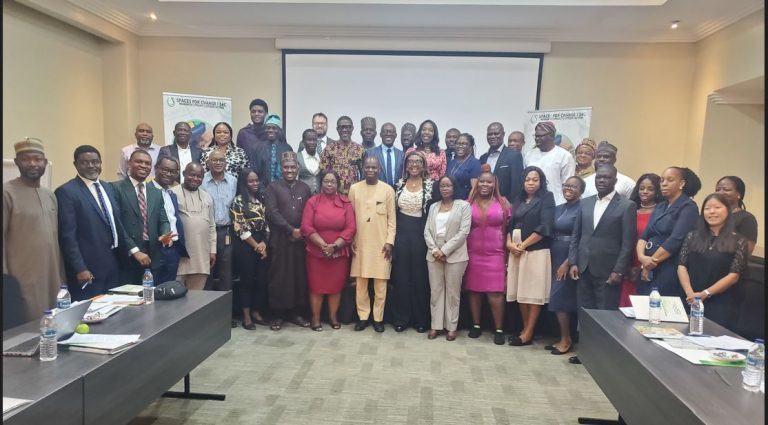Stakeholders seek action against terrorism financing

Stakeholders across various sectors have advocated for measures aimed at curbing the flow of funds to terrorist organisations through non-profit organisations.
The dialogue took place at the Banks and Civil Society Conference themed ‘Improving the Implementation AML/CFT Requirements Applicable to Non-Profit Entities by Banks and Other Financial Institutions’ organised by Spaces for Change, recently in Lagos.
In his Keynote address, the Ex-Director of Evaluation and Compliance of the Intergovernmental Action Group against Money Laundering in Africa, Buno Nduka, said the essence of the conference was to bring together all stakeholders that are involved in assisting the NPOs to ensure that they are not exploited by criminals for terrorism financing.
According to Nduka, Nigeria has already taken steps to do that as it has been able to identify 10 categories of NPOs that can be classified as NPOs at risk of terrorism financing.
“There is an international practice through the Financial Action Task Force that prescribed certain measures that NPOs and countries where they are operating should take,” Nduka said.
Nduka further noted that based on the risk assessments, countries and institutions were supposed to undertake certain measures, including risk-based approaches to monitor capacity building of various stakeholders and regulators.
On her part, the Executive Director of Spaces for Change, Victoria Ibezim-Ohaeri, underscored the aim of fostering better collaboration between banks and non-profit organisations through the conference.
“The conversation aims to address regulatory hurdles faced by NPOs in banking transactions and find ways to mitigate them without hampering their legitimate activities,” she said.
The Director and Senior Consultant of Greencare Group United Kingdom, Ben Evans, noted that there had been international interest in the potential risk that NPOs could be abused with terrorism financing since the attacks of 9/11 in the United States of America, but the understanding internationally has changed over the years.
According to a report in 2014, NPOs can be abused for terrorism financing even though there is no evidence of vulnerability and no evidence that there were systematic risks.
Evans said that the report recommended that countries assess the terrorism financing risks within their own country and understand that not all NPOs are prone to the risk of terrorism financing.